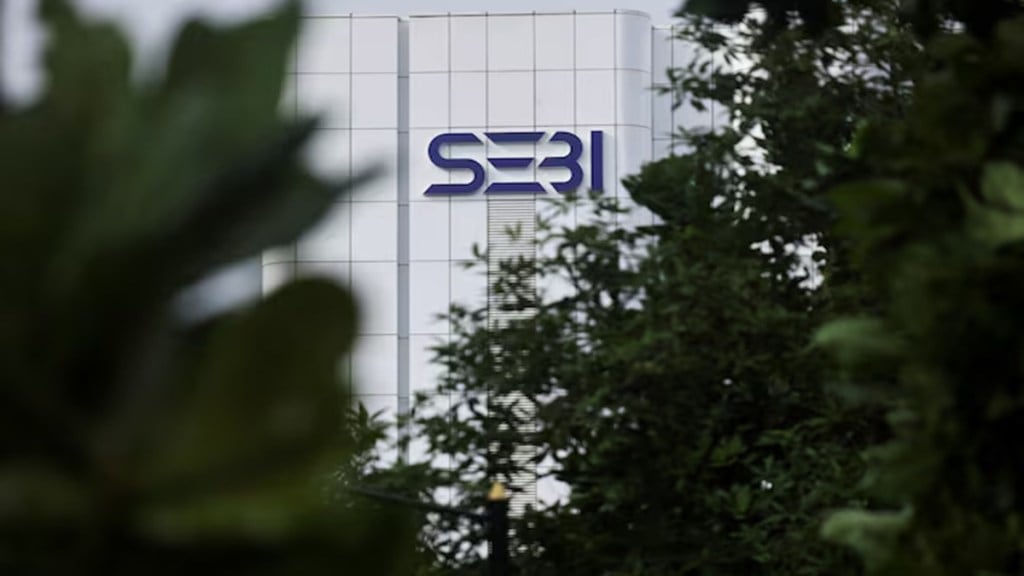By Nesil Staney
Several brokers and fund managers have raised concerns over the continued heavy losses faced by uninformed retail participants in the futures and options segment, citing a lack of robust risk management practices. Despite recent measures by market regulator Securities and Exchange Board of India (SEBI), they said the segment still requires tighter controls.
“Financial savings from Indian households are going into speculative bets, and the Indian youth is losing tons of money. The issue has gone from a micro issue to a macro level,” said a note from ICICI Direct, a brokerage. “The sanctity of the market is dead. Retail investors are getting burnt every day, particularly in the options market,” said Dharan Shah, Founder, Tradonomy.AI — a research-driven AI-powered investment platform.
SEBI, whose Board meeting is scheduled on Wednesday, had introduced some changes in November 2024, including larger contract sizes and upfront collection of options premiums, after a study revealed 93% of retail investors lost money between 2022 and 2024. Despite repeated losses, 75% of them continued to participate in F&O trading.
“The moves by SEBI are not enough. Huge losses are still made by masses across the country with zero knowledge of what they are betting on,” said Sandip Raichuria, Executive Director & CEO of Broking and Distribution at Prabhudas Lilladher.
SEBI risk disclosures on derivatives trading say 9 out of 10 retail investors incur, on average, net losses of around Rs 50,000. Over and above this loss, there was an average additional 28% of net loss as transaction costs.
There should be entry barriers for retail investors in F&O trading based on a minimum investment threshold or certified awareness, said some brokers. “People with lower income have a greater propensity to gamble. There should be an entry barrier in F&O trading. A net-worth criterion could be one,” Raichuria said.
Indian households are losing Rs 50,000 to Rs 60,000 crore annually in F&O trade, instead of parking money in safer products productively, said a fund manager. The growing influence of social media content that portrays trading as the quickest way to wealth draws individuals who are not fully aware of the risk, he said.
Some investors have taken this matter to SEBI. Mayank Bansal, President at a UAE-based hedge fund, said in a social media post on options trading, “In January 2025, I made an elaborate presentation to the top brass of SEBI and surveillance team, and yet we stand with brazen manipulation ongoing.”
The National Stock Exchange of India (NSE) is the world’s largest derivatives exchange in the number of contracts traded. Much of this volume is traditionally from large corporations and investment funds trying to hedge risk. Recently, it was found that some institutional algo-traders such as Jane Street, Renaissance and Citadel Securities generate the bulk of the volumes in the F&O market in India.
In June 2024, the Reserve Bank of India (RBI) cited the sharp increase in derivative (F&O) market trading in India, its bi-annual Financial Stability Report (FSR). The turnover in index options in premium terms reached Rs 140 lakh crore in 2024 compared to meagre Rs 4.5 lakh crore in 2018. The overall turnover in the derivative segment increased to Rs 500 lakh crore in 2024, from Rs 210 lakh crore in 2018. The individual investor count rose from 2% to 41% in the same period.
